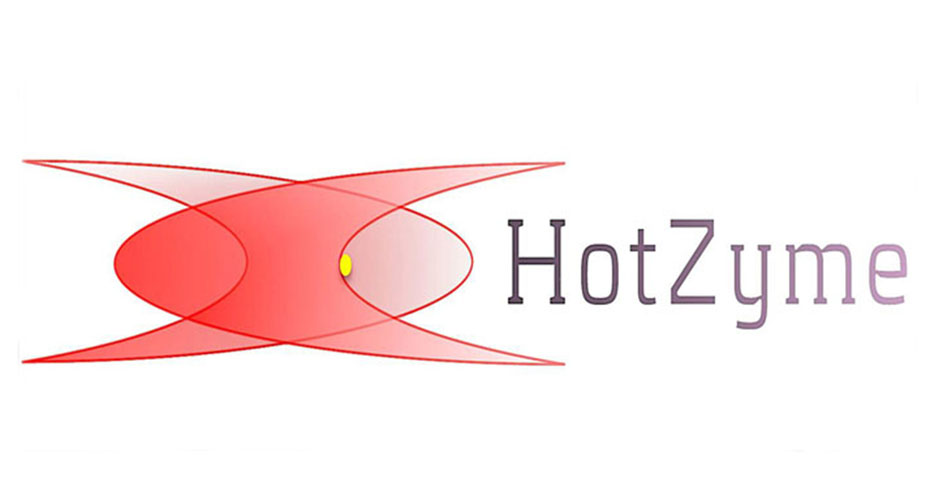Hotzyme - Systematic screening for novel hydrolases from hot environments
There is a strong need for new thermostable hydrolases with appropriate performance and/or novel functionalities that could provide huge savings in time, money and energy for industrial processes. The EU FP7 HotZyme project aims at identifying novel hydrolases from hot terrestrial environments, using bioinformatics and functional screening methods.
The project is now on the middle phase of its time schedule, and we have obtained hundreds of environmental samples from hot environments worldwide (USA, Iceland, Norway, Italy, Russia, China) with temperatures ranging from 40 oC to 100oC, pH from 2 to 10. Laboratory enrichments were performed with more than 10 different substrates. More than 100 enrichments exhibited growth, from which promising isolates were obtained including the first thermophilic Planctomycetes ‘Thermopirellula kuriliensis’ and a first xylanolytic hyperthermophilic archaeon of genus Thermococcus. About 10 genomes and 15 metagenomes have been sequenced and analysed with ANASTASIA program designed in the frame of the project. A few novel enzymes of interest have been identified and are now in different stages of characterization.
Several novel hydrolase enzymes have been cloned from the new thermophilic genomes and their crystal structures determined to high resolution. Their substrate specificities have been investigated and rationalised with a view to their industrial applications.
Download the Hotzyme project poster (.pdf).
Find out more on the project website
Participants
- University of Copenhagen
- MicroDish BV
- Norwegian Geotechnical Institute
- Montana State University Bozeman
- Winogradsky Institute of Microbiology
- Novozymes A/S
- Wageningen University
- University of Exeter
- Sigma-Aldrich Production GMBH
- National Research Council of Italy
- National Technical University of Athens
- University of Duisburg-Essen
- European Centre for Research & Financing

